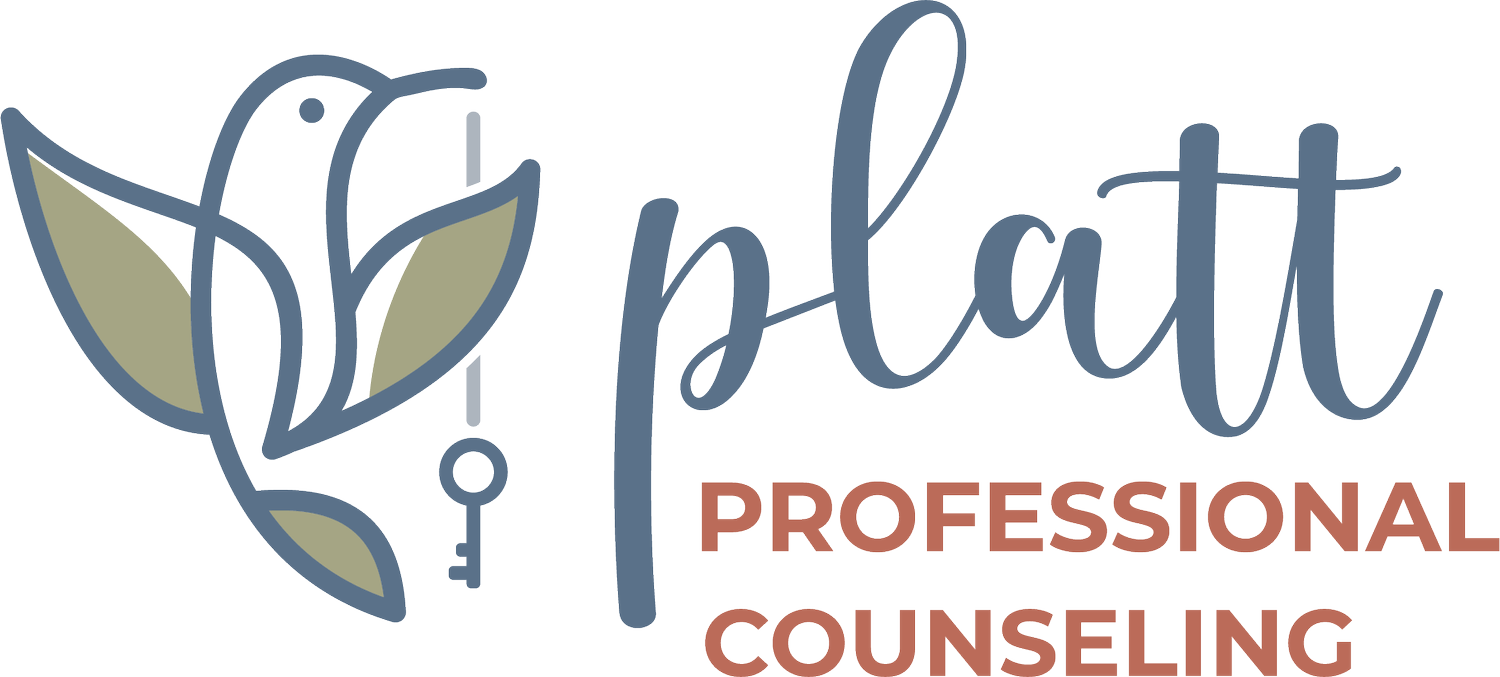
Grief Counseling
“Adapt To Loss”
Through grief counseling, you will gain:
A safe space to express your feelings. Therapists are trained to be nonjudgmental active listeners. That means their job is to create a safe space where you can feel comfortable honestly expressing your feelings without worrying about what they might think of you. They can be there to assure you that whatever you’re feeling is normal and okay.
Strategies for coping. When going through a difficult life experience like the grieving process, and accepting the loss of a loved one, it can be crucial to use healthy coping skills to manage it. A therapist can help you uncover strategies like these that are tailored to you personally.
Permission to focus on yourself. If your grief involves a death in the family, or if you are parents, you may fall into a caretaker role as you help others through their own bereavement. Or, you might be busy with logistics and not have allowed yourself time to feel; you may even feel guilty for the emotions you’re experiencing about the loss. In a one-on-one therapy appointment, you’ll have permission to focus on how you’re handling things—guilt- and judgment-free.
Healing at your own pace. Again, individual grief therapy is tailored to you specifically, especially when dealing with the pain of loss. That means counselors can help you approach the healing process from your own perspective and at your own pace, without feeling either rushed or held back by the way anyone else is experiencing the loss.
Grief Counseling Methods Available:
Dialectical Behavior Therapy (DBT)
Acceptance and Commitment Therapy (ACT)
Cognitive Behavioral Therapy (CBT)
Client Centered Therapy
Emotionally Focused Therapy
Christian Counseling
Faith-Based Counseling
Internal Family Systems (IFS)
These therapists specialize in Grief Counseling. Click their photo to get to know them more.











